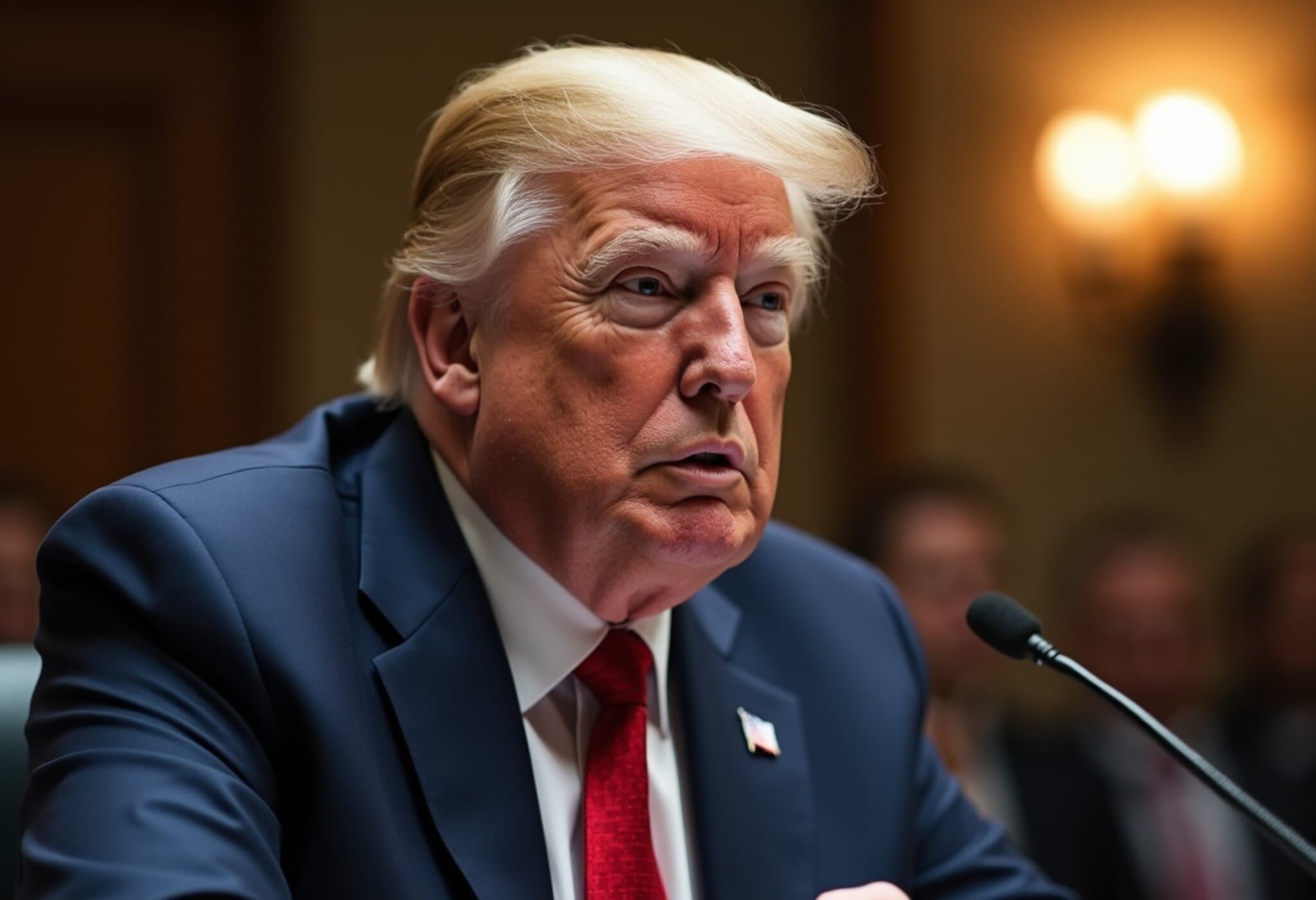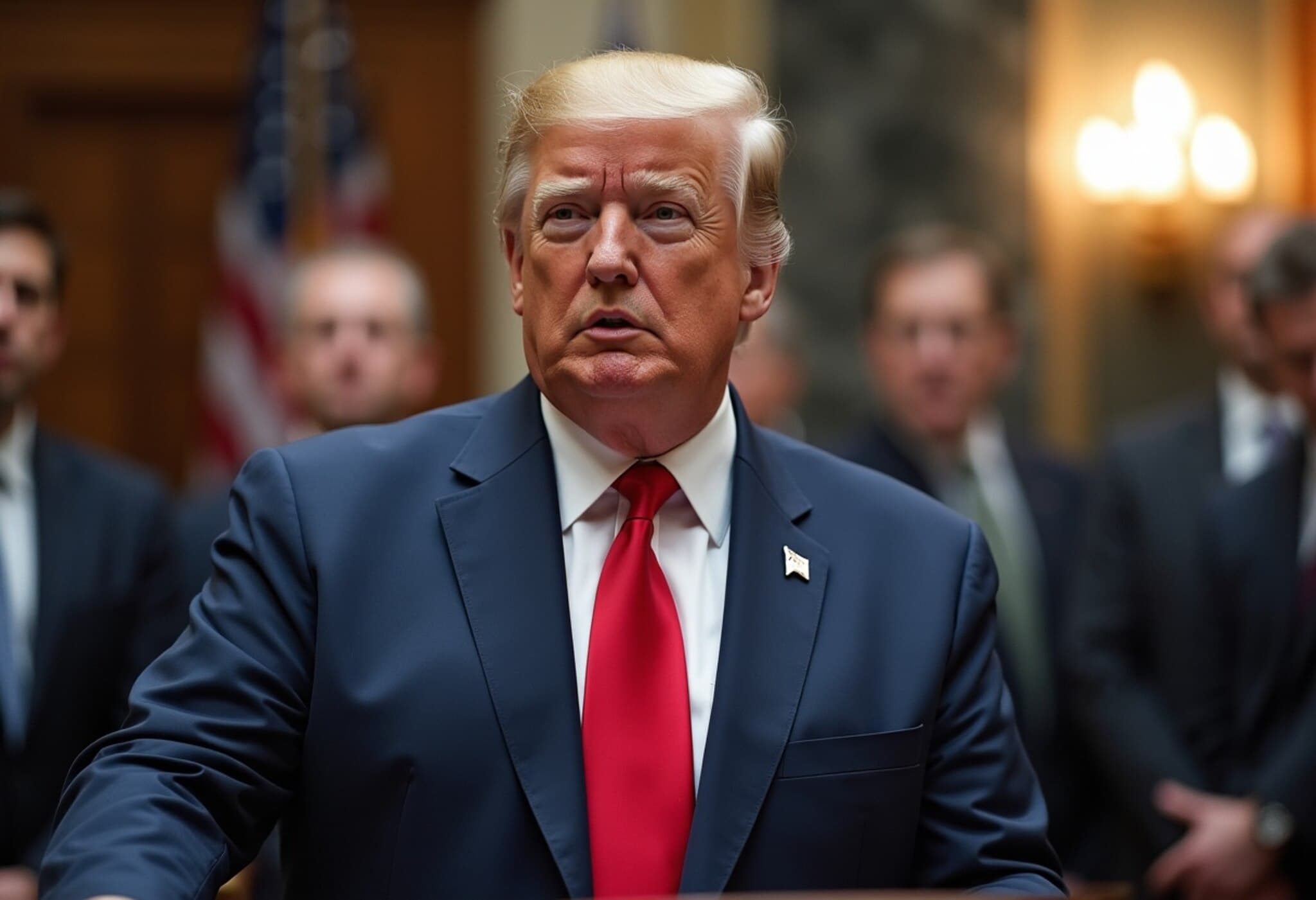Democrats Challenge Pharma Companies on Tax Practices
On Tuesday, two prominent Democratic lawmakers confronted five leading pharmaceutical firms regarding their minimal federal tax payments and their stance on extending substantial industry tax breaks under the current GOP tax legislation.
Pharmaceutical Industry Faces Scrutiny for Offshore Profit Shifting
Senator Elizabeth Warren of Massachusetts and Representative Jan Schakowsky of Illinois directly accused Pfizer, Merck, Johnson & Johnson, AbbVie, and Amgen of paying little to no federal taxes on profits earned in 2024 and previous years, despite these companies generating tens of billions of dollars annually from their drug sales.
In separate detailed letters sent to each company, both lawmakers highlighted how these corporations evade U.S. tax obligations by funneling profits to subsidiaries based in tax-favorable countries, including Ireland and Bermuda. This maneuver was inadvertently encouraged by a provision within the 2017 Tax Cuts and Jobs Act, which aimed to reduce corporate tax avoidance but instead created new incentives for multinationals to relocate profits abroad.
Lobbying Efforts Under the Microscope
Warren and Schakowsky condemned these tactics as emblematic of a tax code skewed to favor wealthy pharmaceutical corporations, enabling them to make enormous profits off American consumers by charging some of the highest drug prices globally while sidestepping fair tax contributions.
The lawmakers also probed whether the industry’s extensive lobbying expenditures—often worth millions—have been directed at preserving these tax loopholes in the GOP’s sweeping tax bill. For example, Johnson & Johnson reportedly allocated over $150,000 in the last quarter of 2024 alone towards lobbying on international tax issues.
Impact of Current Tax Legislation
The multitrillion-dollar tax and spending bill under consideration would, if enacted as currently written, make many provisions of the 2017 tax act permanent. It also includes provisions designed to support low-income Americans, such as Medicaid health coverage.
Currently, the legislation awaits Senate approval, where Republicans hold the majority. While they may revise or drop elements proposed by hardline House Republicans seeking to pair tax cuts with spending reductions, efforts by Democrats to close offshore tax loopholes face significant hurdles.
Building Public Pressure Against Tax Loopholes
Despite the challenges, Democrats continue to rally public opposition to key components of the bill. Senator Warren labeled the prospect of expanding tax loopholes for Big Pharma—companies earning billions in profits while overcharging patients—as a direct affront to taxpayers.
"These companies need to be held accountable for prioritizing their profits over people," Warren stated.
Financial Stakes and Further Investigations
The letters referenced a study by an independent think tank projecting that reforming offshore tax loopholes could generate at least $100 billion over ten years.
Each pharmaceutical company was requested to clarify its lobbying activities supporting the tax breaks and to disclose estimated federal tax liabilities, with responses due by July 1.
Spokespersons for the targeted firms have yet to respond publicly.
A Continuing Pattern of Tax Avoidance Allegations
This is not the first time pharmaceutical companies face accusations regarding their tax approaches. Earlier investigations have labeled Pfizer’s tax strategies as some of the largest tax avoidance schemes in the industry, involving techniques like “round-tripping” profits through offshore entities to minimize U.S. tax obligations despite substantial domestic sales.
Though Pfizer maintains it has paid billions in U.S. taxes over recent years, these allegations continue to fuel political and public scrutiny.
Policy Implications and Industry Response
The ongoing debate happens as the administration explores imposing tariffs on pharmaceuticals to encourage reshoring manufacturing facilities within the U.S. Criticism has also been raised regarding Ireland’s success in attracting drug manufacturers through favorable tax rates.
As lawmakers debate the future direction of tax policy and pharmaceutical pricing, pressure intensifies on companies to justify their tax and lobbying strategies amid growing demands for corporate accountability.












